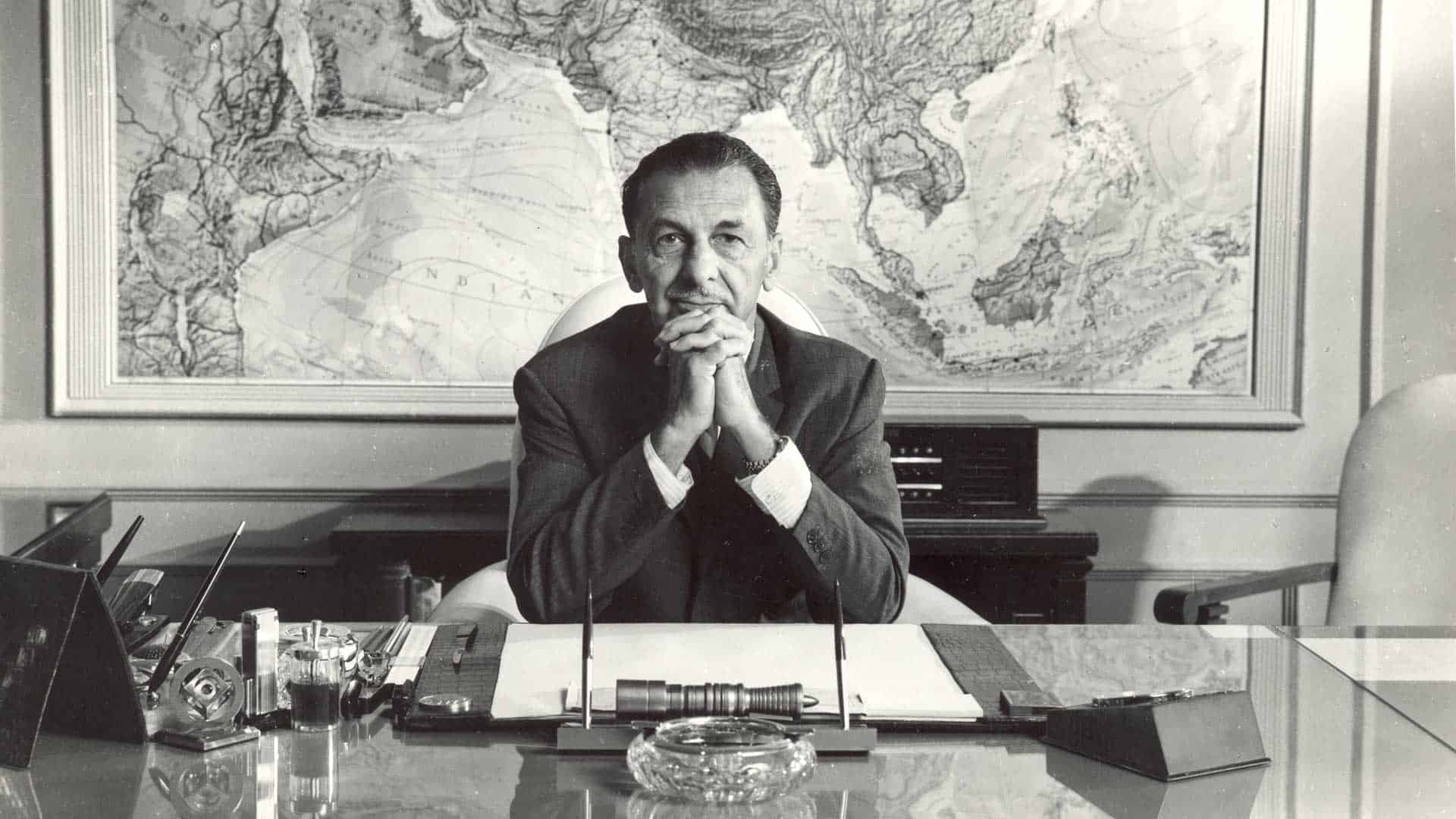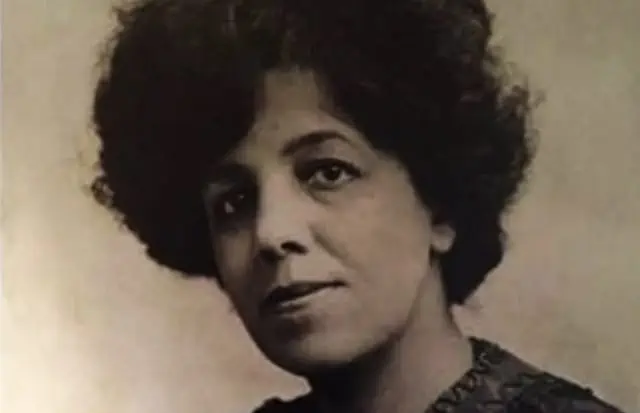Case Study: Mystic Monk Coffee Scandal - The Disturbing Truth

The Mystic Monk Coffee controversy has upended the specialty coffee industry and caused many customers to doubt the morals of their preferred brands. The mystery around this seemingly harmless coffee brand, the accusations of deceit, and the aftermath will all be explored in depth in this lengthy piece. To help you better grasp what happened and what it implies for the coffee business, we will break down the controversy into ten thorough topics.
The Scandal is an intriguing case study highlighting the difficulties with transparency in religious groups. The Carmelite Monks of Wyoming, a Catholic religious order, came under fire in 2010 for allegedly using money from their coffee company to secretly purchase a $7.5 million property in Wyoming's Rockies.
This debate underlined the significance of stronger governance and regulation by raising major concerns about the openness and accountability of religious groups. Although openness is important in any organization, it is especially important in religious institutions because they significantly rely on their donors' and members' trust and support.
For religious groups, achieving transparency can be challenging since they frequently encounter particular difficulties. For instance, they frequently operate without transparency or accountability because they are free from numerous laws and regulations that apply to other non-profit organizations.
Another obstacle is the culture of secrecy that can prevail in some religious institutions, where hierarchical structures and deeply rooted traditions may make transparency difficult. These difficulties are best shown by the Mystic Monk Coffee Scandal, in which the Carmelite Monks of Wyoming misused the proceeds from their coffee company with no apparent accountability.
Religious organizations must understand that they function in a changing world and must adjust to new demands and expectations. This may necessitate rethinking the culture of secrecy that can prevail in some religious institutions and creating fresh ideas for accountability and transparency.
The Mystic Monk Coffee Scandal teaches religious groups essential lessons about developing and upholding trust with their supporters and members. Building trust requires transparency. Thus religious institutions need to take precautions to ensure they conduct themselves in an honorable and responsible manner. More oversight and regulation may be required to attain openness, and religious groups will need to change to meet new difficulties to remain relevant and accountable.

About the company
Mystic Monk Coffee is a small-batch coffee roaster operated by the Carmelite Monks, a Roman Catholic religious order, based in Clark, Wyoming. The company was founded in 2007 by Father Daniel Mary, who aimed to generate revenue to support the monks' living expenses and to fund the construction of a new monastery. The monks roast and sell a variety of coffee blends, using the profits to support their religious mission and community.
Principle & Value
The principle of Mystic Monk Coffee is rooted in the monks' dedication to a contemplative life of prayer and work. The company was established to generate revenue to support the Carmelite Monks' living expenses and to fund the construction of a new monastery, aligning with their religious mission. The monks strive to provide high-quality, small-batch roasted coffee while upholding their monastic values and fostering a strong customer connection. By combining their commitment to their faith with their business operations, the Mystic Monk Coffee company aims to create a sustainable source of income that enables the monks to continue their spiritual pursuits.
Reason behind the failure
The principal catalyst for Mystic Monk Coffee's downfall, stemming from a scandal, was the disingenuous portrayal of their beans' provenance, with assertions of ethical sourcing that did not hold. Instead of the high-caliber beans they professed to utilize, the company acquired inferior-quality beans, culminating in a loss of customer confidence and dwindling sales. Spanning from 2011 to 2012, the controversy escalated when the Carmelite Monks of Wyoming, USA, faced allegations of misappropriating funds generated through Mystic Monk Coffee sales. Consequently, the company's reputation suffered a blow, leading to diminished sales, which ultimately precipitated the organization's collapse.
Origin of Mystic Monk Coffee
A team of Carmelite monks in Wyoming, USA, launched Mystic Monk Coffee in 2007. Their goal was to produce a premium coffee with ethically sourced beans to aid in funding their monastery and spiritual pursuits. A devoted following quickly developed for the company, which was lauded for its dedication to both quality and social responsibility.
Rise to Fame
The brand's popularity increased as word of their wonderful coffee and worthwhile cause spread. Coffee experts and influencers alike started praising and endorsing Mystic Monk Coffee, catapulting them to the top of the specialty coffee industry.
Initial Rumors of a Scandal
Rumors concerning dubious procedures at the center of the Mystic Monk enterprise started to spread in 2022. According to unnamed sources, the business was not as transparent as it purported, and production and sourcing were compromised.
Investigation Triggers
Investigative writers and industry watchdogs conducted in-depth investigations into Mystic Monk Coffee's operations as the claims grew more serious. These investigations aimed to ascertain the veracity of the claims and learn the real story behind the rumors.
Startling Discoveries
The investigations revealed several alarming findings regarding the business's methods. It was discovered that Mystic Monk Coffee had misled customers about the origins of its beans, saying they were obtained ethically when infact, they were buying subpar beans from questionable vendors.
The Repercussions and Public Outrage
The information outraged Mystic Monk Coffee's devoted patrons, who felt betrayed by the business they had relied on for years. As a result, sales fell off dramatically, destroying the brand's once-impressive reputation.
The Abbey's Reaction
The scandal-plagued Carmelite monks quickly released a statement expressing their shock and dismay at the revelations. They promised to act immediately to put things right and win back their clients' trust.
The Way of Retribution
In the following months, mystic Monk Coffee significantly adjusted its sourcing and production procedures. By closely collaborating with moral suppliers and investing in quality control procedures to guarantee that their products matched the highest standards, the company improved the transparency of its business practices.

The Effects on the Specialty Coffee Market
The Mystic Monk Coffee controversy gave the specialty coffee sector a cause for concern. As a result, both brands and customers started to demand more accountability and transparency from coffee manufacturers regarding the sourcing and production of their preferred brews.
Takeaways from the Scandal
The crisis has shown us that even brands with the appearance of being ethical may go astray when their underlying beliefs are subordinated to the pursuit of profit. Moreover, it reminds customers that choosing businesses that share their values necessitates constant vigilance and due diligence.
Conclusion
The Mystic Monk Coffee scandal upended the specialty coffee industry and made it clear that it is risky to believe everything a company says. Although the business has made progress in regaining its reputation.





